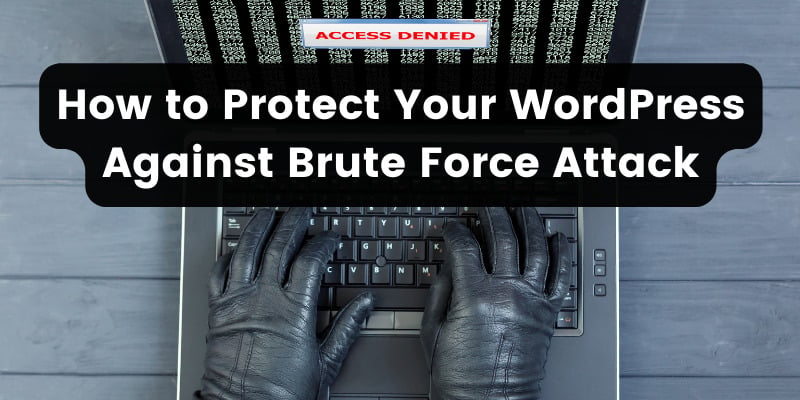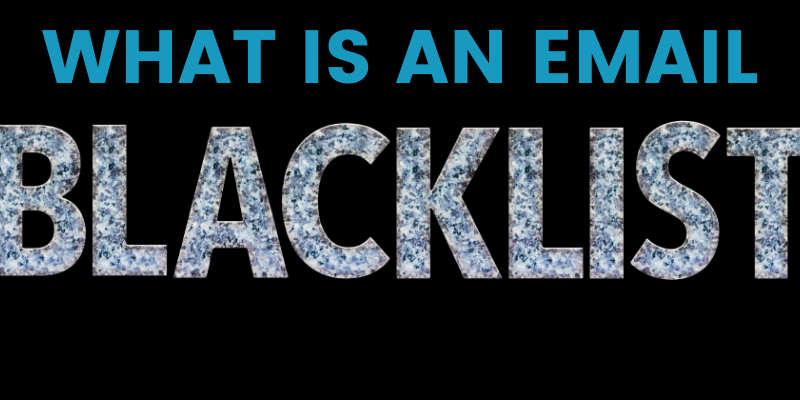- Jan 22, 2013
 0
0- by A2 Marketing Team
You likely already use Solid State or Flash memory every day in your smart phone and/or tablet. Today’s smart TVs or Blu-Ray players also tend to have a bit of Flash memory. It’s faster and more reliable than traditional Hard Drives because there’s no moving parts. More and more laptops are coming with a Solid State Drive in addition to or in lieu of a traditional Hard Disk Drive.
When we built the server for our new website last year, we decided to try an experiment and use SSDs instead of HDDs. We expected it to be faster, but were blown away by just how great it was to work on that server. Any kind of file operations, tar, cp, find, etc. were amazingly fast. Even simple operations like ls which we are used to being responsive on a HDD based system were noticeably faster.
The difference is not limited to when you’re working on the server, it’s appreciable for your users too. A website on running on SSDs is extremely fast and responsive. Sure the most popular pages and resources are kept cached in memory, but it’s not realistic or necessary to keep the entire site in memory. But with SSDs, no matter what data the server needs it’s instantly available. This is compounded on a shared server where memory is the main limited resource. Increased storage speed means everyone’s sites load incredibly quickly, even if yours is one with lower traffic that doesn’t stay in cache for long.
Once we made the move to SSD based servers, I don’t think we can go back. Try it out for yourself and I bet you’ll agree.









